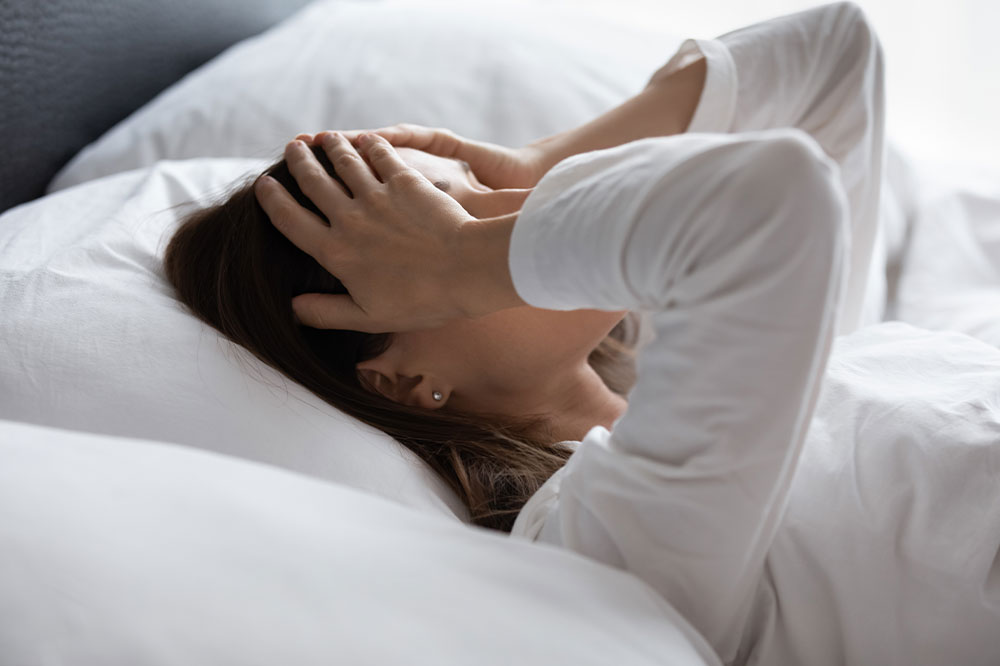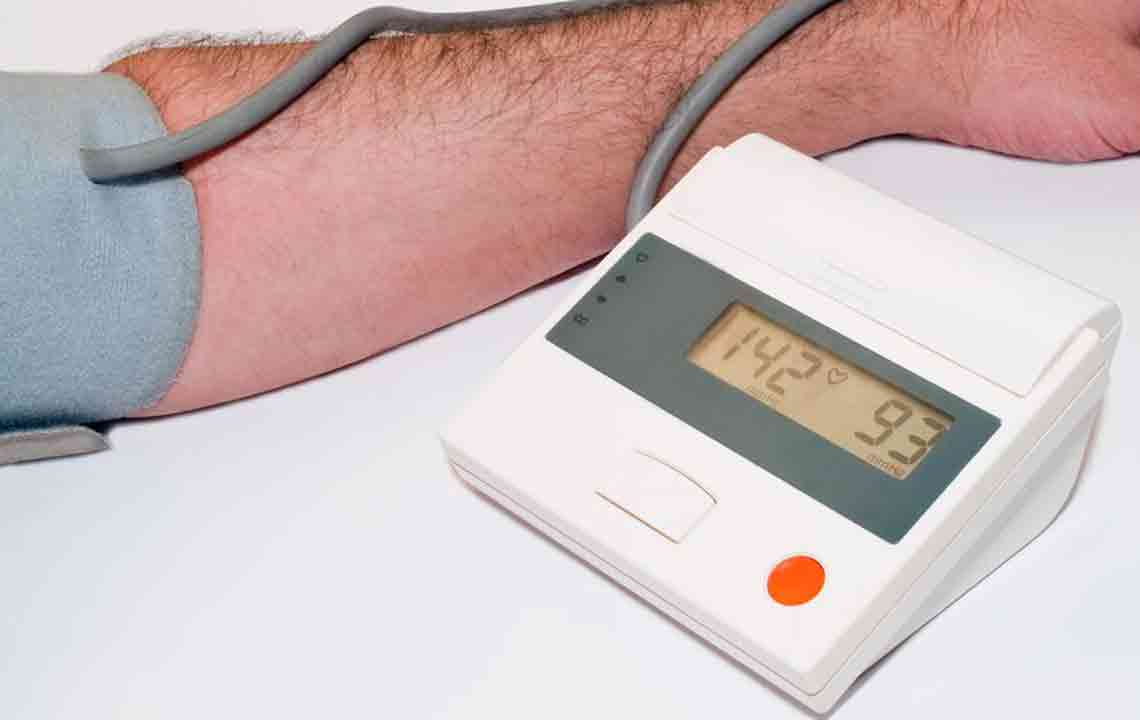Effective Pre-Sleep Habits to Enhance Restful Nights and Improve Sleep Quality
Discover the top five habits to avoid before sleep to enhance quality and duration. Limit blue light exposure, watch caffeine intake, regulate napping, time your exercise wisely, and manage evening meals for more restful nights. Implementing these proven strategies can significantly improve your sleep health and overall well-being.

Effective Pre-Sleep Habits to Enhance Restful Nights and Improve Sleep Quality
Achieving high-quality sleep is fundamental for maintaining overall health, well-being, and daily productivity. Despite investing in top-tier mattresses from renowned brands like Tempur-Pedic, Saatva, Sleep Number, Serta, or Essentia, many individuals still grapple with sleep disturbances. The root of these issues often lies in daily habits that inadvertently disrupt the natural sleep cycle. Understanding which behaviors to avoid in the hours leading up to bedtime can significantly improve both sleep duration and quality. In this comprehensive guide, we delve into the top five habits to skip before sleep to ensure you enjoy peaceful, restorative nights.
Blue Light Exposure from Devices
One of the most common culprits that impair sleep is exposure to blue light emitted from electronic screens such as smartphones, tablets, laptops, and computer monitors. This blue light interferes with the production of melatonin, the hormone responsible for regulating sleep-wake cycles. When melatonin levels are suppressed, falling asleep becomes more difficult, and sleep quality diminishes. Over time, sustained blue light exposure can also increase risks for certain health conditions, including increased inflammation and potential links to cancer. Therefore, it is highly advisable to limit screen time at least one to two hours before bed, using features like night mode or blue light filters on your devices or opting for alternative relaxing activities such as reading a physical book or practicing mindfulness techniques.
Limit Caffeine Intake in the Evening
Caffeine is a stimulant found in coffee, tea, energy drinks, and certain medications. During the day, caffeine can be instrumental in boosting alertness, focus, and physical performance. However, consuming caffeine too late in the day can interfere with your natural sleep cycle by blocking adenosine receptors, which promote sleepiness. This results in difficulty falling asleep, reduced sleep duration, and poorer sleep quality. To cultivate better sleep hygiene, it is recommended to avoid caffeine at least 6 hours before bedtime. Instead, opt for herbal teas or warm milk that can promote relaxation without disrupting your sleep patterns.
Short, Power Naps vs. Long Naps
Taking short naps during the day, typically lasting 20-30 minutes, can provide a quick boost in energy and enhance cognitive function. However, longer or irregular naps, especially those extending beyond 30 minutes, can disturb your internal clock or circadian rhythm. Such naps may cause sleep inertia, grogginess, and difficulty falling asleep at night. If you experience ongoing sleep issues, consider reducing or eliminating daytime napping altogether, or set a strict nap schedule earlier in the day to prevent interference with your night-time sleep.
Exercise Timing and Its Impact on Sleep
Engaging in physical activity is known to improve sleep quality by helping to regulate your internal clock and relieve stress. Nevertheless, intense exercise late in the evening can be counterproductive. Physical exertion triggers the release of adrenaline and other stimulating hormones, which can make it challenging to wind down and fall asleep. To maximize the benefits of your workout routine, aim to schedule exercise sessions at least 3 hours before bedtime. Gentle activities such as yoga or stretching in the evening can serve as relaxing alternatives that promote better sleep without stimulating your nervous system.
Eating Habits Before Bedtime
The timing and quantity of your evening meals play a significant role in sleep quality. Going to bed hungry may cause discomfort and disruptions, while consuming heavy, spicy, or greasy foods can lead to indigestion, heartburn, and acidity. These discomforts can make it difficult to fall asleep or cause frequent awakenings during the night. Ideally, have a balanced dinner a few hours before sleep, focusing on easily digestible foods rich in tryptophan, magnesium, and complex carbohydrates that can facilitate relaxation. Also, avoid drinking excessive fluids close to bedtime to reduce nighttime awakenings for bathroom trips.
Incorporating these habit modifications into your nightly routine can foster a more peaceful sleep environment, helping you wake up refreshed and energized. Remember, consistent sleep practices are key to establishing a healthy sleep cycle, so adopt these habits gradually and stay patient as your body adjusts for a more restful, rejuvenating sleep experience.





